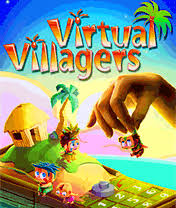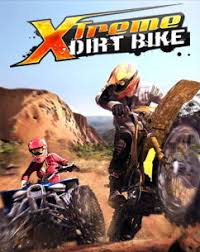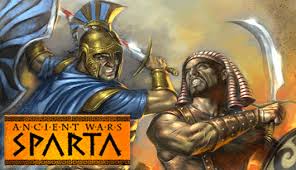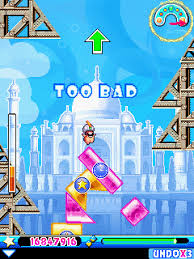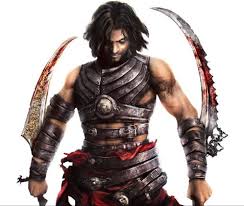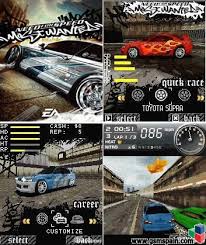Sega's next generation console tried to undo the damage the Playstation had made to Sega's market share. It was released before Playstation 2 but it lost the race against it and Gamecube, partially due to what many believe was less than great marketing efforts by Sega.
Specs:
Specs:
- CPU: Hitachi SH-4, 200MHz clock rate, 360 MIPS (millions of instructions per second), 1.4 GigaFLOPS (floating-point operations per second), 128-bit 3D calculations, 64-bit data bus, 800+ MBytes/second bus bandwidth
- Graphics Core: NEC PowerVRSG, 3 million polygons/second peak rendering rate, Perspective-Correct Texture Mapping, Point, Bilinear, Trilinear and Anisotropic Mip-map filtering, Gouraud shading 32-bit z-buffer, Colored light sourcing, Full scene anti-aliasing
Hardware-based Fog, Bump mapping, 24-bit color, Hardware-based texture compression, Shadow and Light volumes, Super sampling - Memory: 16 MB main RAM, 8 MB video RAM, 2 MB sound RAM
- Resolution: 640x448.
- Colors: 16.7 million
- Sound: Yamaha Audio Core, 32-bit RISC CPU, DSP for real-time effects, 64 sound channels, ,Full 3D sound support, Hardware-based audio compression
- Dreamcast Control Pad: Digital and analog directional controls, Dual analog triggers, Virtual Memory System data save unit
- Expansion Options: Modem: 33.6kb per second transfer rate (56kb in U.S.) Upgradable
- Operating System: Customized Microsoft Windows CE and Sega operating system
- Media: GD-ROM (GigaByte Disk-ROM) Drive - Maximum speed 12X 1.2 GigaByte capacity
- Console Dimensions: 7 7/16" X 7 11/16" X 3" , 190 mm (W) x 195 mm (H) x 78 mm (D)
- Weight: 4.4 pounds, 2.0 kg
- Release Date : November 20, 1998 (Japan), September 1999 (USA)
Emulators
| nullDC | Rating: | ||
| Chankast | Rating: | ||
| DEmul | Rating: | ||
| DreamEMU | Rating: | ||
| Icarus | Rating: | ||








